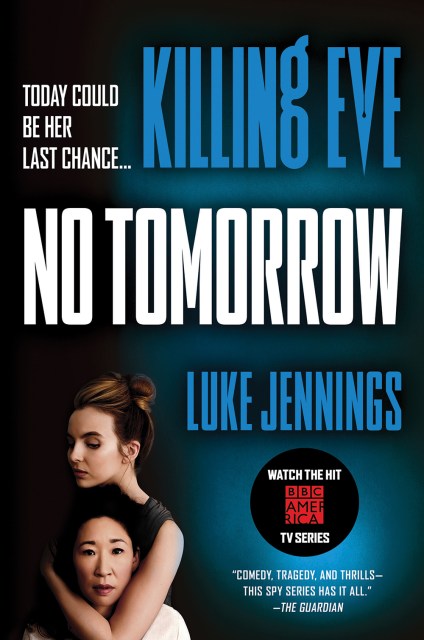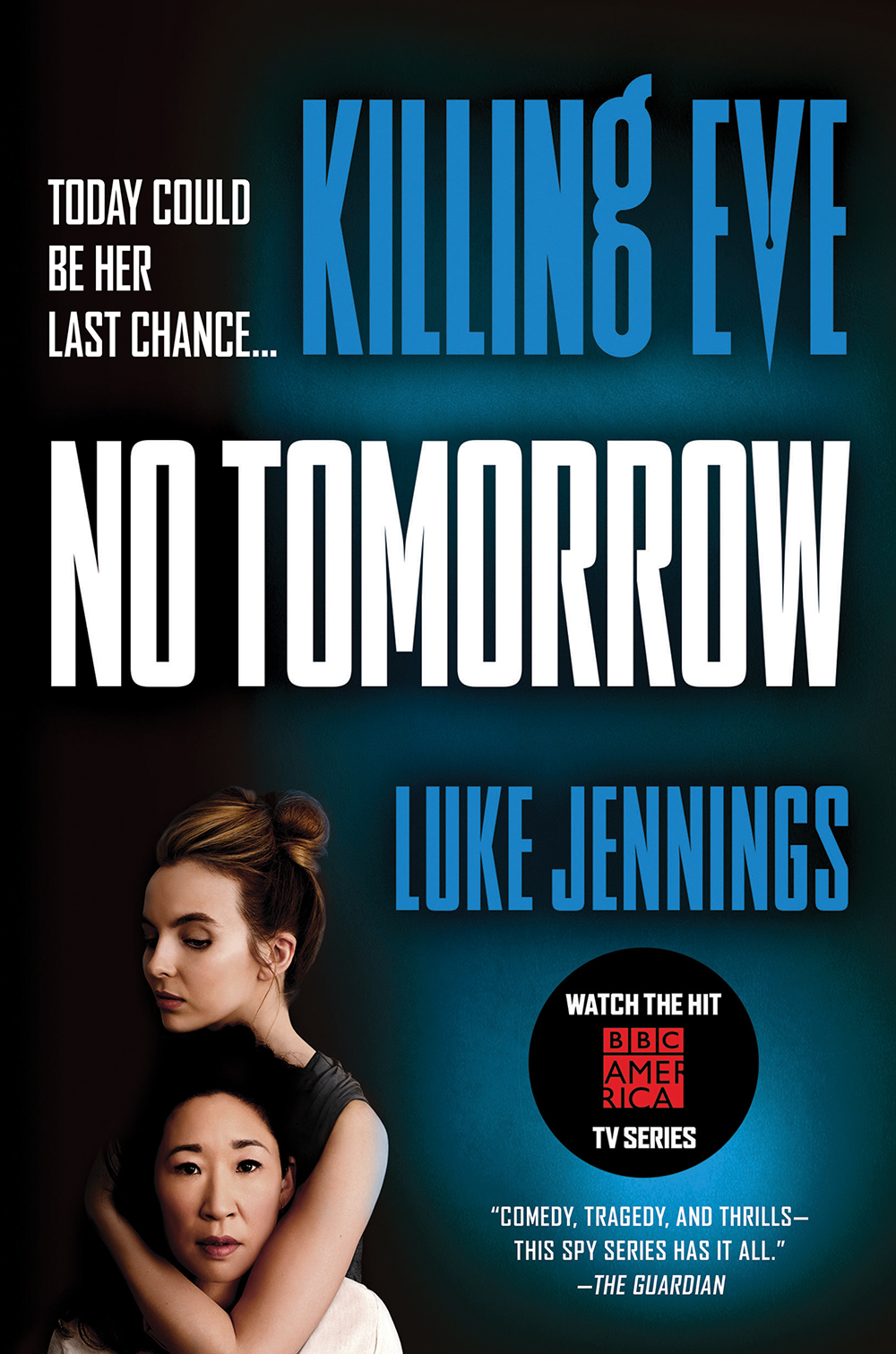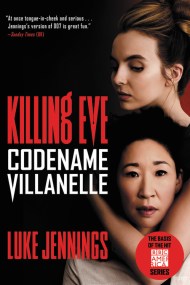By clicking “Accept,” you agree to the use of cookies and similar technologies on your device as set forth in our Cookie Policy and our Privacy Policy. Please note that certain cookies are essential for this website to function properly and do not require user consent to be deployed.
Killing Eve: No Tomorrow
Contributors
Formats and Prices
- On Sale
- Mar 26, 2019
- Page Count
- 256 pages
- Publisher
- Mulholland Books
- ISBN-13
- 9780316524346
Price
$17.99Price
$23.99 CADFormat
Format:
- Trade Paperback (Media Tie-In) $17.99 $23.99 CAD
- ebook $9.99 $12.99 CAD
- Audiobook Download (Media Tie-In) $24.99
This item is a preorder. Your payment method will be charged immediately, and the product is expected to ship on or around March 26, 2019. This date is subject to change due to shipping delays beyond our control.
Buy from Other Retailers:
Eve and Villanelle plan for a high-stakes showdown in this sophisticated follow-up to the spy thriller that inspired the hit TV series Killing Eve.
“If you want us to remain silent — if you want to retain your freedom, your job, and your reputation — you need to tell us everything, and I mean everything. . .”
We last saw Eve and Villanelle in a spy vs. spy race around the world, crossing powerful criminal organizations and dangerous governments, each trying to come out on top. But they aren’t finished yet.
In this sequel to Killing Eve: Codename Villanelle, former M16 operativeEve reveals a new side to her strengths, while coming ever closer to a confrontation with Villanelle, the evasive and skilled assassin.
Series:
-
Shortlisted for the CWA Ian Fleming Steel Dagger Award
-
"But it's all good, nasty fun for lovers of James Bond and Modesty Blaise--although Jennings is much more sexually explicit than Ian Fleming or Peter O'Donnell. This espionage romp keeps readers slightly off balance as it brilliantly walks the line between thriller and spoof--and readers will find the experience irresistible."Shelf Awareness
-
"The obsessive relationship between the two women deepens. Nonstop action moves between London, Venice, Paris, Moscow, and the Swiss Alps, as the two women track each other, and amoral Villanelle continues her murderous ways. . . . Jennings provides plenty of spy craft and scenic and sensual atmosphere laced with betrayal in this adrenaline-fueled sequel to Killing Eve: Codename Villanelle, the book that spawned the BBC America series."Booklist
-
"When Killing Eve crashed on our screens last year, it felt like a breath of fresh air: a feisty and funny entry in the recent revival of the staid, stuffy and overwhelmingly masculine spy genre. With a second season about to air in April and the coming release of the second book in Luke Jennings's Codename Villanelle series, it is clear Eve and Villanelle - the MI6 operative and the talented assassin she is tracking - will be with us a while longer."Washington Post
-
"Like Ian Fleming, Jennings is at once tongue-in-cheek and serious. . . . His version of 007 is great fun."Sunday Times (UK)
-
"A memorable protagonist . . . There is an extra sheen of glamor that makes Villanelle more a James Bond than a mere killer."The Daily Mail (UK)
-
"Exciting and fun."Daily Express (UK)
Newsletter Signup
By clicking ‘Sign Up,’ I acknowledge that I have read and agree to Hachette Book Group’s Privacy Policy and Terms of Use







